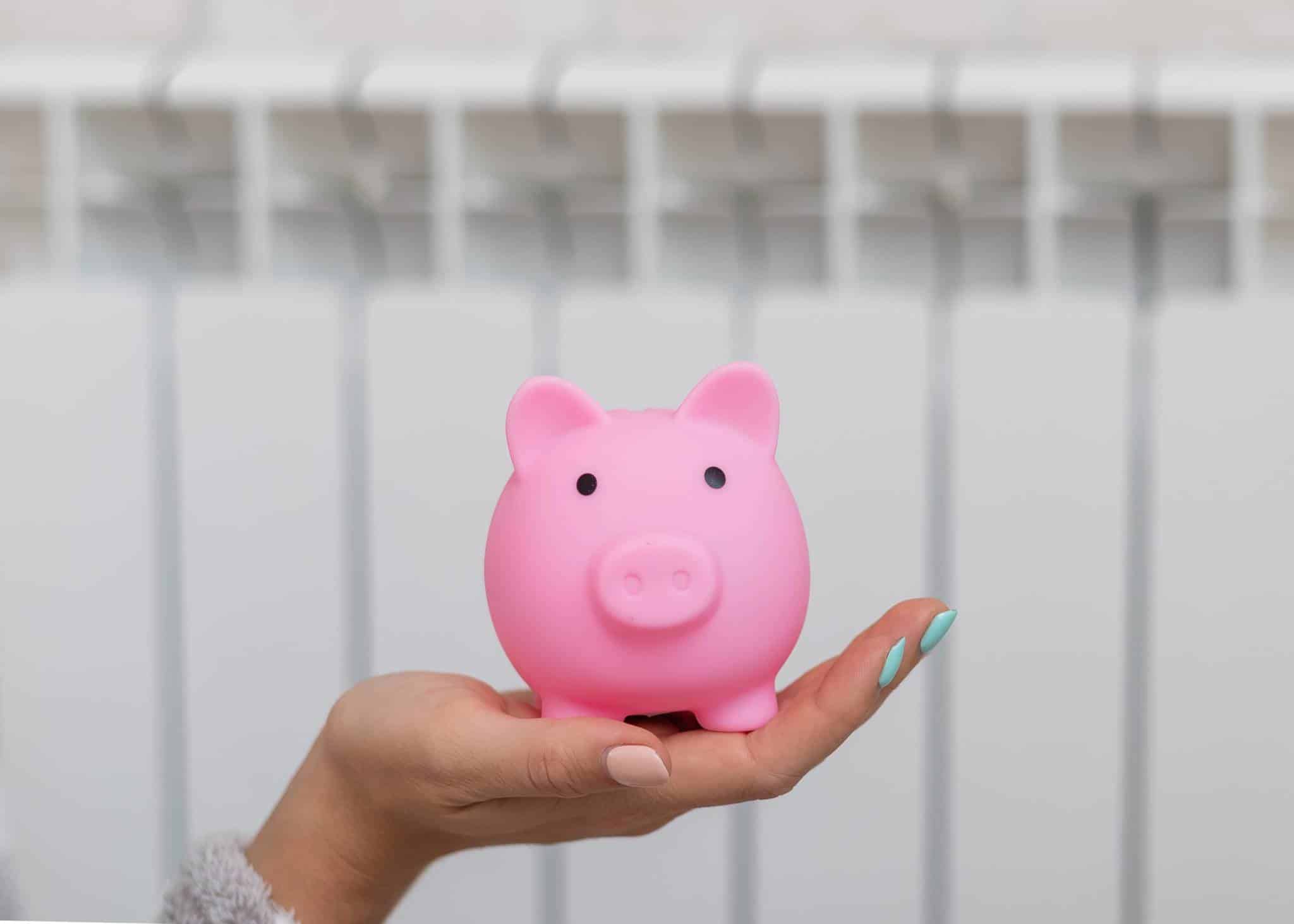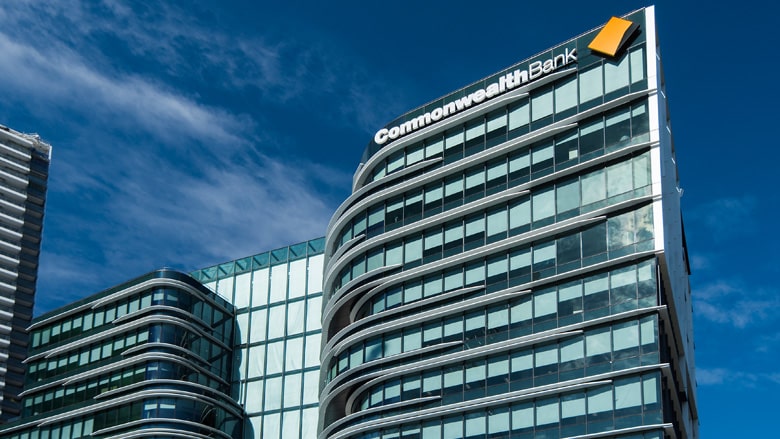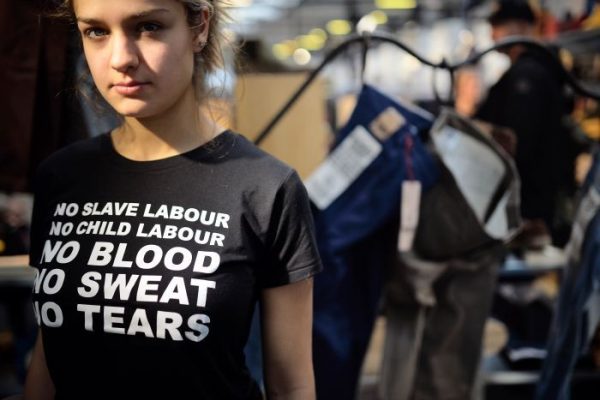Most of us like to think we’re doing our part. We recycle the soft plastics (or at least used to). We walk instead of drive when we can. There’s a keep cup in the glovebox and solar panels on the roof.
But there’s one area of climate action most of us still overlook: where our money goes.
Banks and super funds don’t just hold your savings. They invest them. And unless you’ve chosen otherwise, your hard earned money could be helping to fund new coal mines, gas fields, and oil exploration.
Fortunately, it’s easy enough to do something about it.
We’ll walk you through how to work out where your bank or super is investing, and what to do if you don’t like what you find.

The Climate Cost of Inaction: How Banks and Super Funds Fuel Fossil Expansion
In Australia, our four biggest banks (ANZ, Westpac, Commonwealth Bank and NAB) have collectively invested over $61 billion in fossil fuels since the Paris Agreement was adopted in 2015.
In 2023 alone, they loaned $3.6 billion to fossil fuel projects, with $2.5 billion directed to companies expanding coal, oil, and gas industries. That includes funding gas fields in the Beetaloo Basin, new coal mines, and oil drilling operations.
That’s not small change. And it’s happening despite climate pledges and public pressure to do better.
Super funds aren’t off the hook either.
A 2023 Climate Analytics report found that many of Australia’s major funds continue to invest in companies like Santos and Woodside, both of which are actively expanding fossil fuel operations. Even funds marketed as ‘sustainable’ may still include fossil fuel producers in their portfolios.
And yet, Australians care. According to the Responsible Investment Association Australasia (RIAA), 83% of people say they want their money invested ethically and responsibly.
For most of us, the problem is a lack of transparency.
We don’t always know where our money goes, and unless we ask the question or read the fine print, banks and super funds aren’t offering that information upfront. And without clear demand from customers, they have little incentive to change.
If you want your savings and retirement fund to reflect the kind of world you’d like to live in, this is where it starts.
Sustainability, straight to your inbox
Monthly tips, stories, and inspiration to make living greener easy

Commonwealth Bank is Australia’s second biggest funder of dirty fossil fuels since the Paris Agreement, having loaned a total of $16.1 billion to the coal, oil and gas industries from 2016-2023.
1. Banks: How Your Money Might Be Funding Fossil Fuels
Your salary, savings, and everyday business income are pooled together and used to fund loans, major projects, and corporate investments.
In Australia, a significant portion of that money still goes toward fossil fuel expansion. This includes new coal mines, fracking operations, gas pipelines, and port infrastructure.
What You Can Do
First, figure out if your current bank is investing in fossil fuels. Head to the Market Forces comparison table and search your bank by name. You’ll see:
- What fossil fuel projects they’ve funded
- How much they’ve loaned
- Whether they’ve made any public commitments to stop
If you want to take it further, Market Forces also lets you send a message to your bank, asking them to change, or letting them know you’re moving your money.
Australian Banks That Don’t Fund Fossil Fuels
Not all banks are equal. Some have committed to never funding fossil fuels and are putting that policy into practice:
- Bank Australia: Certified B Corp, customer-owned, zero fossil fuel exposure.
- Summerland Credit Union: Community-owned, strong environmental and social focus, fossil fuel-free. They also offer generous discounts
- Teachers Mutual Bank, Bank First, and Beyond Bank: All part of the Global Alliance for Banking on Values.
Before switching, check their investment policy and product terms to make sure they align with your priorities (e.g. housing, community investment, renewables).

2. Superannuation: The Climate Impact You Probably Forgot About
If you’ve never changed your super fund, there’s a good chance your money is sitting in a default investment option. And that could mean exposure to fossil fuel companies like Woodside, Santos, Origin, or ExxonMobil.
Superannuation is big money, over $4.2 trillion in total, and how it’s invested matters. Many funds continue to direct capital towards industries with heavy emissions, despite offering “green” or “sustainable” labelled options.
In 2024, a Market Forces report revealed that Australia’s top 30 super funds have more than $39 billion invested in companies with significant fossil fuel expansion plans. These investments have more than doubled since 2021, while investments in clean energy companies have declined by half a billion dollars to just $7.7 billion.
Even funds marketed as ‘sustainable’ may still include fossil fuel producers in their portfolios. This disconnect highlights the importance of scrutinizing where your super is invested.
How to Check Your Super Fund
You don’t need to call a fund manager or sift through annual reports. Just head to the Market Forces super comparison tool and look up your current provider. It shows:
- Whether your fund invests in fossil fuels
- What commitments (if any) they’ve made to divest
- Where they sit compared to other funds
For extra detail, check out the Responsible Returns platform for funds that meet RIAA certification.
Super Funds That Walk the Talk
Some funds have made strong, public commitments to stay out of fossil fuels. They’re not perfect, but they’re transparent and actively working toward a better model.
- Future Super – climate-positive, 100% fossil fuel free, with active shareholder advocacy
- Australian Ethical – full holdings transparency and strong exclusions
- Verve Super – focused on gender equity and sustainability, designed by and for women and non-binary people
- Cruelty Free Super – screens out fossil fuels, animal exploitation, tobacco and weapons
Before switching, review each fund’s Product Disclosure Statement (PDS), look at their investment portfolio, and don’t hesitate to ask questions. Remember, it’s your money.

3. Health Insurance and Investment Apps
Still with me? Good. Because your bank and super aren’t the only places your money could be funding fossil fuels.
Some health insurers, like Medibank, NIB and HCF, have taken steps to divest from international fossil fuel exposure. But many still hold Australian assets with ties to coal, oil and gas.
If you’ve chosen a fund for its health coverage, it’s worth checking what they’re doing with your premiums.
Investing platforms are another area to watch. Products like Spaceship Earth, BetaShares ETHI, and some micro-investing apps position themselves as ethical or ESG-friendly. But ESG doesn’t always mean fossil-free. Many portfolios still include companies involved in fossil fuel infrastructure, supply chains, or financing — even if the connection isn’t immediately obvious.
What to Look For
When reviewing your insurer or investment provider, ask:
- Do they disclose their full list of holdings?
- Are fossil fuels excluded by policy, or just “minimised” under ESG screens?
- Do they hold independent certifications, like RIAA, B Corp, or inclusion in a Clean Energy Index?
Market Forces has a full breakdown of Australian health insurers and their fossil fuel exposure, if you’d like to explore further.
4. How to Move Your Money Without Losing Your Mind
Let’s be honest, financial admin isn’t exactly thrilling. But moving your money to ethical providers doesn’t have to be a hassle.
Here’s How to Do It:
- Audit your accounts. Check where your money is: bank, super, health insurer, investing apps.
- Review for fossil fuel exposure. Use Market Forces, RIAA, or your provider’s own disclosures to see if they’re backing fossil fuels.
- Compare ethical alternatives. Look for fossil-free funds and banks that align with your values — whether that’s climate, housing, gender equity, or local investment.
- Make the switch. Most banks and super funds let you transfer online. It’s quicker than you think.
- Let your old provider know. Send a quick message or use a template. It adds pressure and helps shift the status quo.
You don’t have to be perfect or move everything at once. Just start where it’s easiest. Each step you take sends a signal that business as usual isn’t going unnoticed.
Banks and super funds aren’t going to change overnight. But they do listen to customers. When enough people ask questions, demand transparency, or walk away, it forces the conversation.
Let’s make sure our money is working for a future we actually want to live in.


